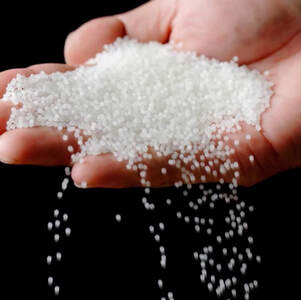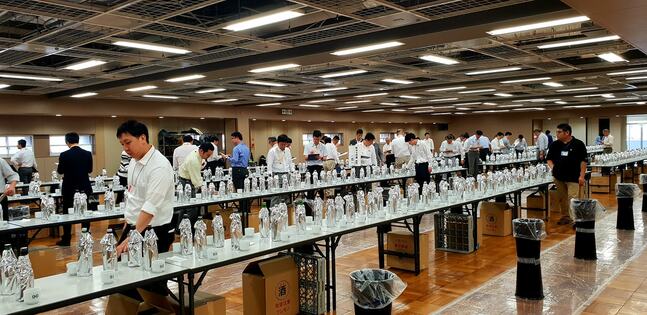 Raising this topic is clearly necessary as it has come to my attention the confusion about the word sake is still considered lacking in education for foreigners. To go into this it is not a simple black and white situation where it translated from the japanese meaning to english. If you have experience language translation when you translate character to mean a word its not enough for english understanding to be set on that context alone. Clearly foreigners who live Japan or visit Japan they rely on the direct context of translation to understand everything in general but like all language its not as simple as this. First what do foreign believes the term" sake' relates to and the understanding behind it. When you define the word sake it means all alcoholic beverage but in another context it means nihonshu which translates as japanese liquor. Here the confusion applies , and this why I say depends on the context. Foreign outside of japan will maybe be familiar with the word term sake but when they get to Japan and ask the bar for sake the bar tender will ask what kinda of alcohol. So unless you say nihonshu when asking to drink for something you have to be specific in Japan. But say in Australia nobody knows or is familiar with the term nihonshu but sake. Conversation context: Japanese use sake or osake term to as a feeling have you been drinking alcohol hence they proclaim the term sake in this context not nihonshu. Character context: When you see the character 酒 and phrases . Sake = alcohol Shu=alcohol=wine Nihonshu -日本酒 = Japanese liquor Confusing right ? there is no representation that nihonshu means rice liquor representation but yet Japanese understand through culture and tradition that this is means sake. English translation is just japanese liquor unless you know abit sake you will go with the direct translation as all japanese liquor which is what Japanese understand sake to be totally opposite, It can be said that the term sake came from the supposed understanding from the unique rice sakaimai. Which is special rice for brewing , at the time it wasn't proclaimed it was for alcohol, but because it was different to normal eating rice it definitely does not taste good so it was used for brewery instead. Hence the idea could of come from this concept. Other terminology are Seishu which means clear sake or clear alcohol but its not commonly used to understand this is nihonshu . Currently, the English word “sake” is considered a synonym for seishu, but the Liquor Tax Law does not use the term, defining matters only as relating to the word seishu. Liquor Tax Law defines seishu as an alcoholic beverage of less than 22% alcohol meeting the following conditions.
Over the years the word Sake has been highly influence internationally to be know as the an the alcoholic beverage made from rice. In Japan you will not use the term sake but nihonshu because we understand this is based Japanese culture and tradition. To refer to sake as just meaning alcohol it doesn't give justice of the wonderful things about ' rice fermented liquor' .
0 Comments
Leave a Reply. |
Categories |
© COPYRIGHT 2021 ALL RIGHTS RESERVED.


 RSS Feed
RSS Feed